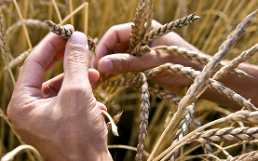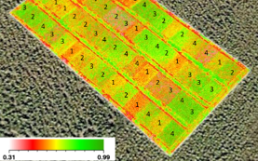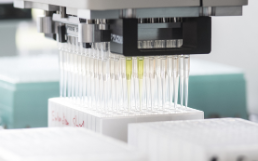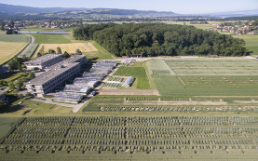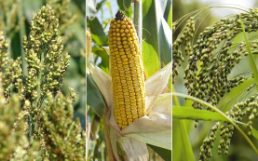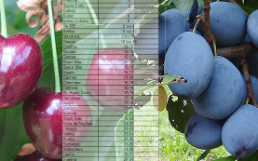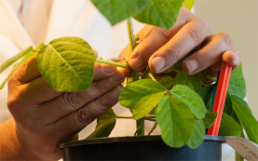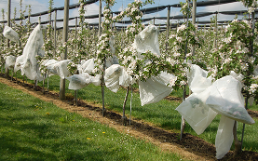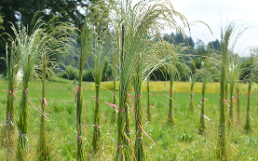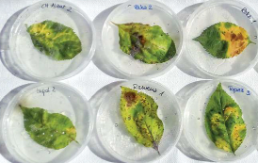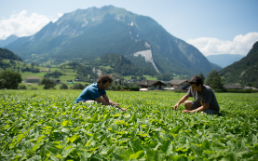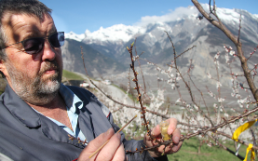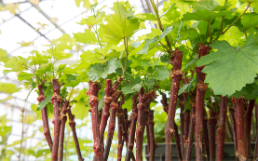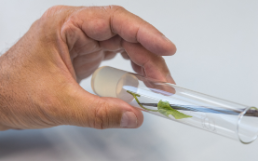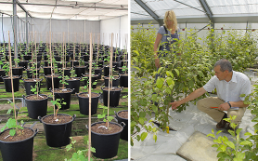- Seed for Arable and Forage Crops
- Seed for Beneficial and Wild Plants
- Evaluating Field-Crop Varieties Using Digital Tools
- Improving the Quality of Seed Potatoes
- Variety Testing and Cultivation Techniques for Straw Cereals
- Maize Varieties and Cultivation Techniques
- Variety Testing of Pome and Stone Fruits
- Wheat and Soy Improvement and Genetic Resources
- Apple Breeding and Fruit Genetic Resources
- Breeding of Forage Grasses and Clover Species
- Principles and Molecular Methods for Plant Breeding
- Breeding of Medicinal and Aromatic Plants
- Developing Apricot and Pear Varieties
- Varietal Selection and Development for Sustainable Viticulture
- In Vitro Nuclear Stock and Varietal Identification
- Recognition and Certification of Fruit Trees, Bushes and Vines with the Production and Provision of Preliminary-Stage Budwood in the Nuclear-Stock Collection


